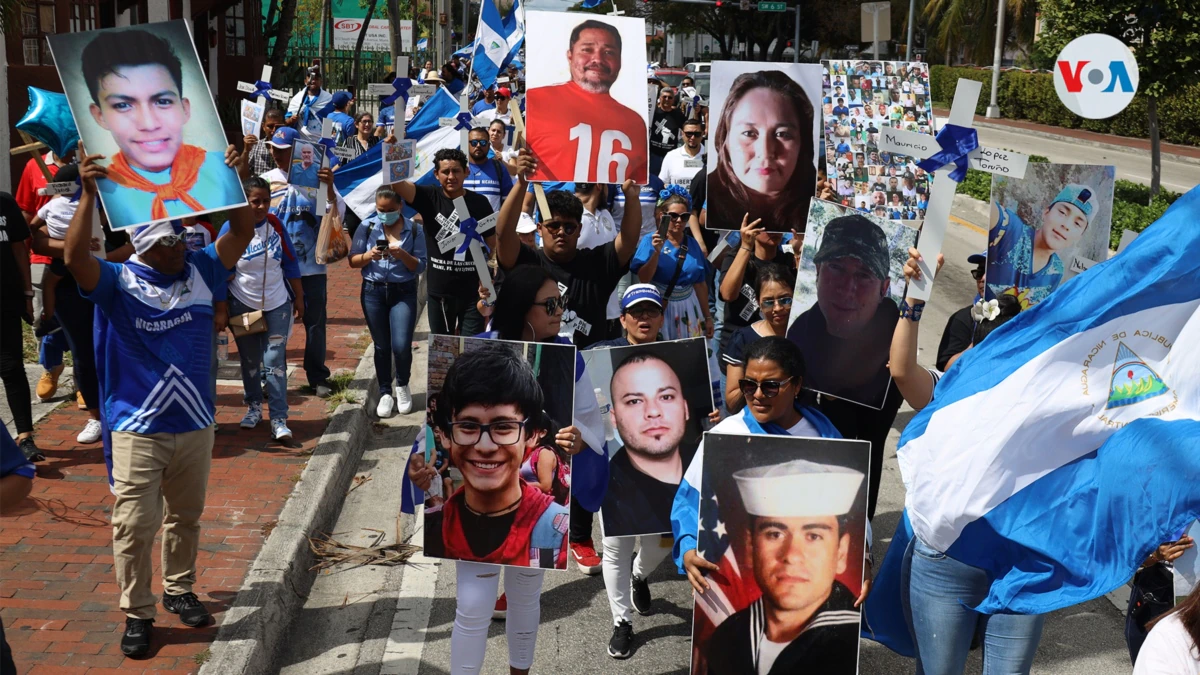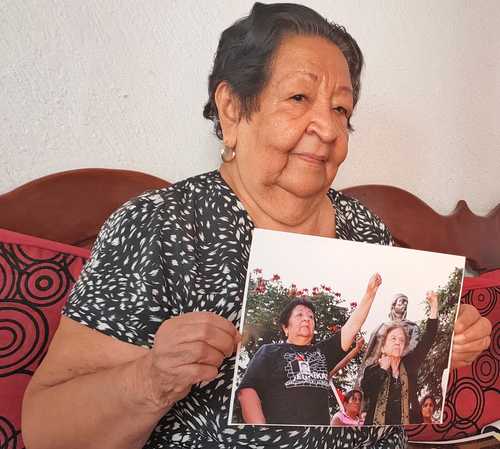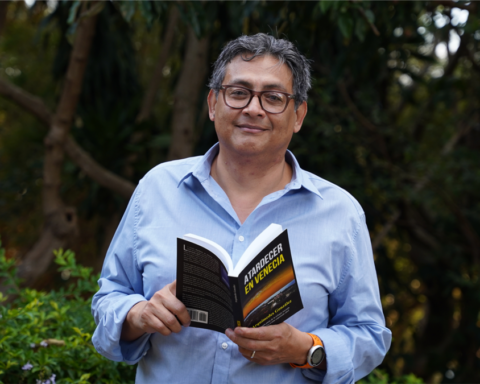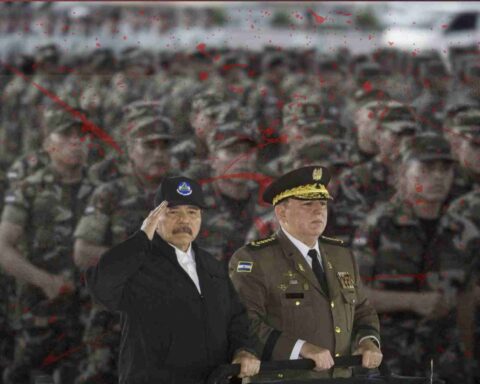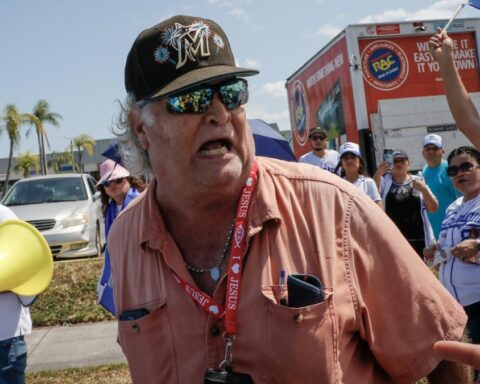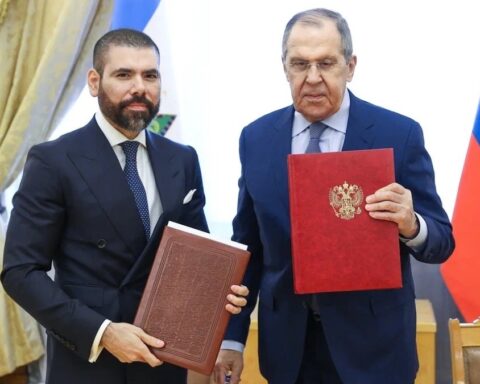Four years after the crisis in Nicaragua, Ivania Dolmus affirms that she was unable to find justice for her 14-year-old son Sandor Dolmus, murdered in the anti-government protests that took place in 2018.
For that reason, this month he decided to leave Nicaragua and go into exile in Costa Rica. That has been the path for other mothers, daughters, wives, who claim that justice is not done and they cannot live in peace in Nicaragua.
Dolmus has told the digital medium Current Nicaragua that in the department of León, north of Managua, she was being harassed by police who came to her home and even to her work, at least three times a week.
“It is horrible to live as if one were a criminal. I look for work and they come to bother me, ”she indicated.
A few hours before the commemoration of the four years of the protests that left more than 300 dead as of April 18, 2018, the government led by Daniel Ortega unleashed a wave of raids, arrests, and even deportations of some opponents of the ruling party.
The Blue and White monitoring group documented a total of 29 human rights violations in the week leading up to the anniversary of the 2018 violent events. The mothers of the victims were no exception.
The most recently impacted sector was that of artists, with the recent arrest of several critical musicians. Two singers who have represented an apparent threat to the Ortega government were also deported.
Leonardo Canales, from the band La Anteala was deported to Costa Rica, according to the group in your facebook account while announcing “the closure of that cultural space.”
Organizations demand justice
Various international and local organizations demand justice so that the events of 2018 do not go unpunished.
The Office of the United Nations High Commissioner for Human Rights expressed on Twitter its solidarity with the families of those who lost their lives four years ago, but also with those who are “arbitrarily detained and in inhuman conditions, in exile or prevented from living free and exercise their rights.
For his part, Juan Pappier, senior investigator of the Americas Division of Human Rights Watch, indicated on the same social network that he demanded justice for those killed, wounded, and tortured at that time.
The Inter-American Commission on Human Rights (IACHR) also spoke out demanding “reparation” for the victims of state repression, and the reconstruction of democracy.
“Since April 18, 2018, the serious human rights violations perpetrated in the framework of state repression, which resulted in 355 deaths, remain in complete impunity; more than 2 thousand injuries; hundreds of arbitrary dismissals of health professionals; more than 150 unjustified expulsions of university students; and more than 135 civil society organizations whose legal status was cancelled. Also, thousands of people have been forced to move to other countries,” the agency said. in a press release.
Protests in various parts of the world
While this is happening, the Nicaraguan diaspora has organized demonstrations in the United States, Canada, Costa Rica, and Spain, mainly, which is where the more than 100,000 exiles as a result of the protests are located.
In Miami, the demonstrations began this Sunday with a protest at the St. Agatha church at the end of the mass officiated by the auxiliary bishop of Managua, Monsignor Silvio Báez, and Father Edwin Román.
“The Lord gives us hope with his resurrection of a change,” said Father Román when he was a lawyer for the journalist Winston Potosme, of the digital media Nicaragua Investiga.
This Monday a vigil is planned in San José, Costa Rica for opponents demanding justice and freedom for political prisoners.
Connect with the Voice of America! Subscribe to our channel Youtube and turn on notifications, or follow us on social media: Facebook, Twitter and Instagram

